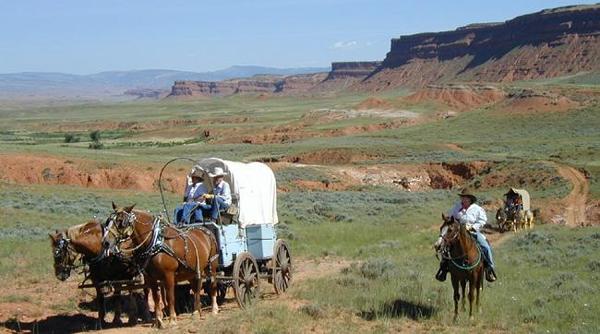Family and friends ask, “What do you want for Christmas?” and we’re supposed to have to hand a list of things we’d like to own, but don’t really need. A sweater, or electronic gew-gaws, or maybe a kitchen widget. The things on the list can’t be too expensive, or too luxurious, lest one appear greedy and craven. Nor can they be too common, lest one appear needy (or, in an insult to the consumer gods, indifferent). And of course, the gift ideas have to be real – you can’t tell your sister who drew your name out of the hat at Thanksgiving that what you really want is for all the children of the world to join hands and sing together in a spirit of harmony and peace. For some reason, family members tend to scoff at holier-than-thou gift requests.
So it has been good during this season to think a bit more deeply about stuff. We had opportunity to do so
 this past week through some correspondence with good friends of ours, faculty at Westmont College in Santa Barbara, who lost their homes and (nearly) all their worldly possessions in the California Tea Fire.
this past week through some correspondence with good friends of ours, faculty at Westmont College in Santa Barbara, who lost their homes and (nearly) all their worldly possessions in the California Tea Fire.Academic goobers that we are, we grieve with them especially for the loss of their books. We know that books are like good friends who shape your soul, whose company you enjoy repeatedly and whom you long to introduce to others. Losing them is a big deal.

We all have our stuff-fetishes, the physical objects that we cling to most tightly. Perhaps one of the hardest spiritual tasks for this season is to remember that no thing is permanent, nothing is ultimately ours. We can hold our stuff with gratitude and appreciation, but we have to hold it lightly. Our friend Lisa De Boer--one of those Westmont faculty who lost her home in the fire--wrote this to us about a discussion she had with her students once classes resumed after the fire:
I was teaching about Gothic cathedrals this morning, and a student asked if workers ever died, falling off the scaffolding of a cathedral. Well, the short answer is “yes, of course they did.” The longer answer involved taking a poll of students who had ever had a serious infection, or an appendectomy, or any other illness that could easily have led to death…naming the number of medieval occupations that involve regular hazards to health, life and limb…and talking about general life expectancies.
Our assumption that we will have a long and healthy life is so strange and modern. So is our assumption that our homes are durable and our possessions really ours. How many people in earlier ages and even today, haven’t been burned out of their homes in war or disaster and have had to pick up again, often in a different city or country, with no insurance and very few supports?While I do feel and grieve my loss, there is also a strange “lightness of being” that I experience at times, of being just a bit more aware of my basic humanity—minus the trappings—than I was before.
"Lightness of being." Our friends, though their trauma, offer us this wisdom and this reminder. May we all find that lightness of being as we await the coming of the light.
























































